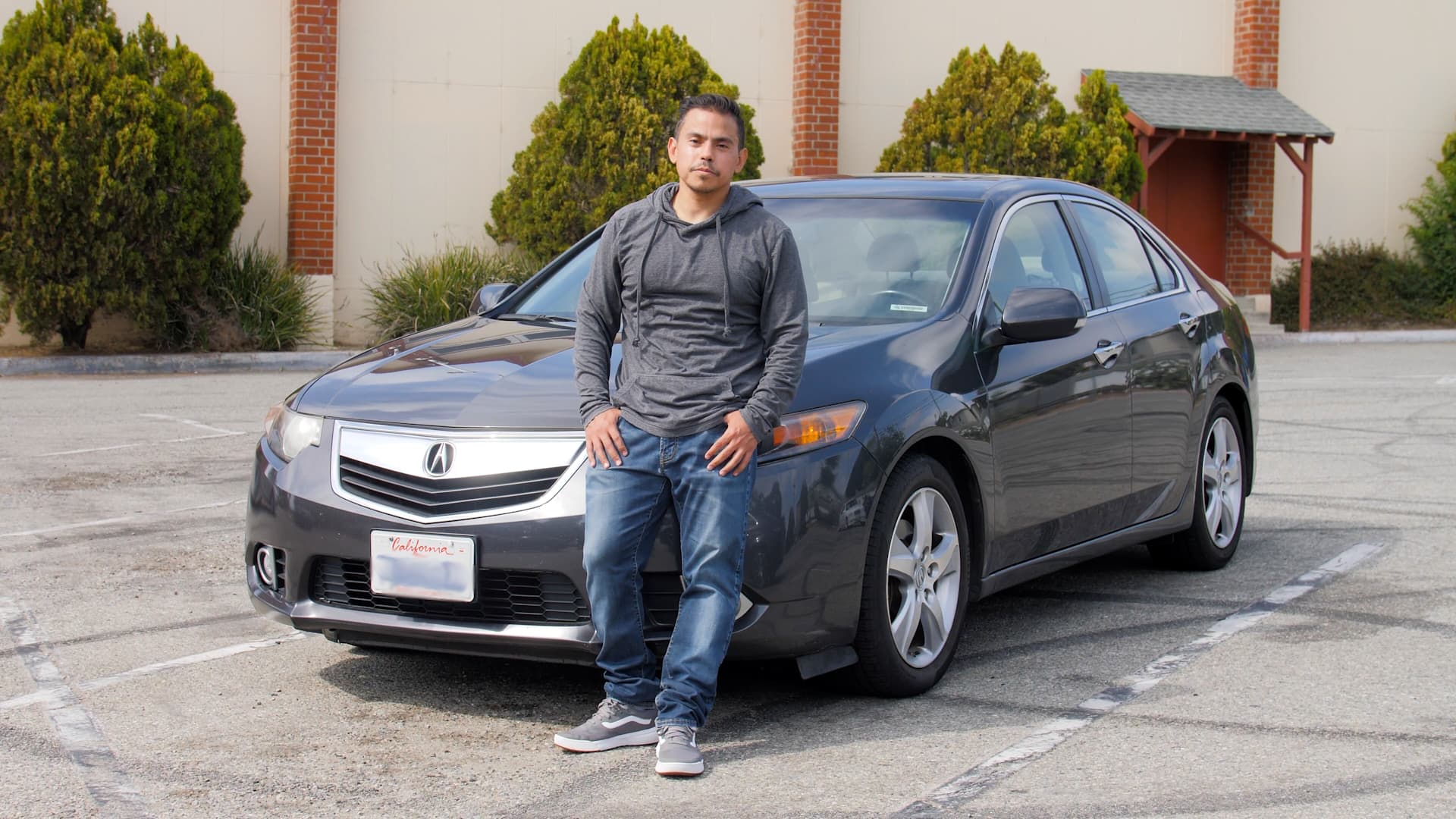Isaac Diaz, who turned 40 in June, has ramped up his efforts to pay off his auto loan. “Right now, I’m concentrating on paying off my automobile,” Diaz explains. “I’m overjoyed since I’m only a few months away from becoming debt-free.” Diaz has a 2013 Acura TSX, which he bought used a few years ago and refinanced for $15,249 in 2019. He had around $4,999 left on his loan at the end of April. Diaz, on the other hand, has managed to shave roughly $2,000 off his loan balance in the last few months, bringing it down to just $2,999 as of June 24. Diaz’s car payment is usually $371 per month, but he has recently started paying roughly $630 extra each month to bring it up to $1,000 and help him pay off the debt faster. “I’m paying a lot more extra on that automobile loan,” Diaz explains, “but it’ll pay off because that car will be mine.” Diaz intends to spend the money he was paying toward his car toward his student debt after it is paid off. He still owes $6,000 on his school debts. “It’s so difficult right now because there are other things I could be doing with that money,” Diaz adds, “but it wouldn’t be putting me up for success later.” Experts believe that if you can afford it, paying off a car loan early can be a good idea. “Paying off your debts is always a good idea, and a car purchase is arguably one of the largest loans that people take out short of a home purchase, so it’s a smart place to start,” says Ronald Montoya, senior consumer advice editor at Edmunds. Paying off your auto loan has practical benefits, according to Montoya, in addition to piece of mind. For starters, it may save you money on interest, especially if you have an auto loan that is 60, 72, or even 84 months long. Assume you borrowed $30,000 with a 6-year repayment period and a 5% interest rate. You’d pay almost $35,000 in total ($30,000 for the original principle plus just under $5,000 in interest). However, if you pay off the loan early, you may be able to save some money on interest. According to Montoya, paying off your car loan can help relieve stress on your monthly budget. After you’ve paid off your automobile, you’ll have more money to pay down other debt, put toward savings, or put toward expenses. However, consumers should verify with their lender to determine if paying off a loan early is really possible, according to Montoya. “Make sure you look into what fees they would charge if you paid off your loan early,” he advises, noting that some lenders impose a prepayment penalty. The “temptation of wanting to jump into another car purchase,” according to Montoya, is another danger to avoid. According to him, many people view paying off their debt as a fresh start and an opportunity to purchase a new vehicle. However, you will miss out on the possibility to own a car without having to make a car payment. If paying off your auto loan isn’t an option, refinancing may be a better option. “It’s definitely worth considering refinancing if you have a high interest rate and your credit has remained good or improved since you took out that initial loan,” Montoya adds. Interest rates are now “very low right now,” he adds. According to Edmunds, the average interest rate on a new automobile is now approximately 4.5 percent, with an average duration of around 70 months. Used automobile interest rates are slightly higher, at 7.7% for a loan term of 69 months on average. Now is the time to register: With our weekly email, you’ll learn more about money and your work. Not to be missed: The cost of a new or used car is sky-high; here’s how to get a fair bargain./n
Read MoreThis 40-year-old puts an extra $600 toward his car loan each month so he can pay it off early–here’s why that’s a smart approach
2021-07-08T18:30:17-04:00July 8th, 2021|





